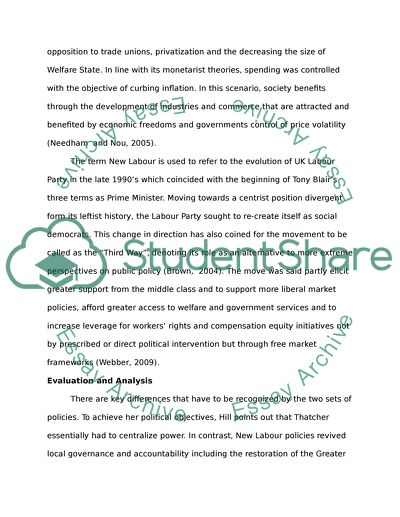Cite this document
(“New Labour as Thatcherism with a Human Face Essay”, n.d.)
Retrieved from https://studentshare.org/politics/1503668-british-politics
Retrieved from https://studentshare.org/politics/1503668-british-politics
(New Labour As Thatcherism With a Human Face Essay)
https://studentshare.org/politics/1503668-british-politics.
https://studentshare.org/politics/1503668-british-politics.
“New Labour As Thatcherism With a Human Face Essay”, n.d. https://studentshare.org/politics/1503668-british-politics.


